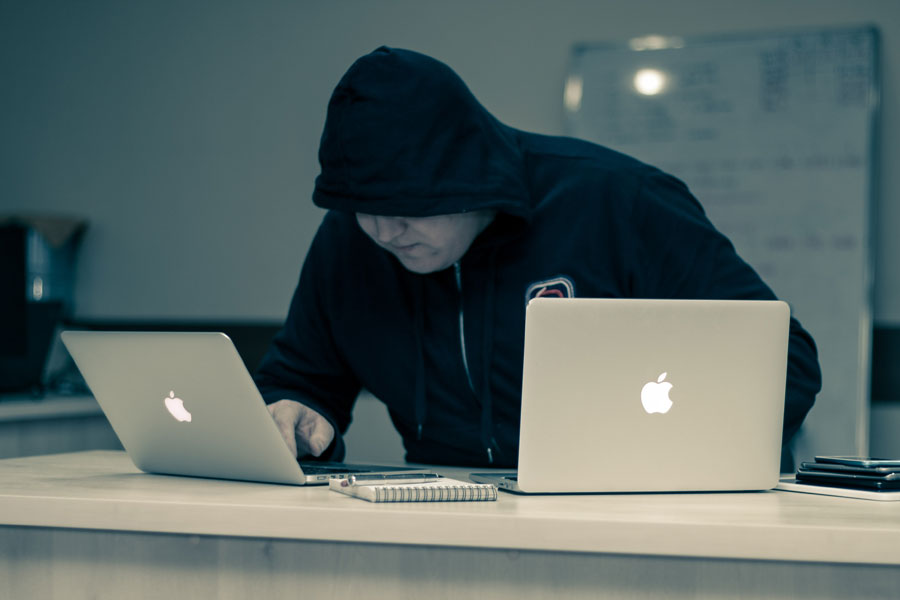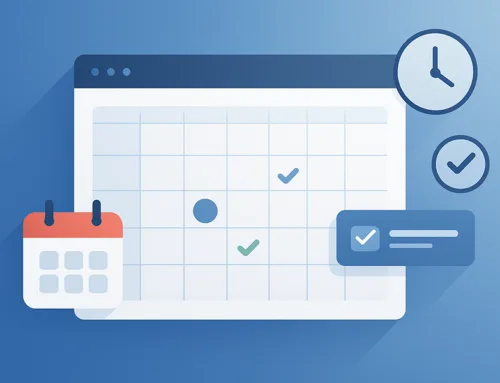Plagiarism is a Poor Habit
One of the most critical aspects in determining a website’s rating is its content quality. If there is a problem with the material, such as originality, the search engine will not take it to the top. Plagiarism is a poor habit. It harms a page’s SEO and marketing efforts.
The definition of plagiarism discussed in this article and its detrimental impact on effective Search Engine Optimisation tactics. Moreover, we have mentioned some ways to avoid it. Let’s get started!
What Does SEO Mean?
Search engine optimisation, or SEO, refers to the tactics or procedures to improve its rating. Because everyone wants their websites to be at the top of the Google search results, they avoid doing anything that may harm their rankings. One of these issues can a plagiarised content.
What Do We Mean By Plagiarised Content?
Plagiarised content is such material that we copy from some other blogs or someone else works. People copy data from other websites entirely. It is unlawful to use and can result in legal consequences. Google employs a variety of AI algorithms to determine whether or not information on a website is plagiarise.
There are different effects of plagiarised material on SEO. It does not bring any value to your website. Taking someone else’s content is the same as stealing their intellectual property. Plagiarised content causes your website to lose visitors since they cannot find any new, authentic, and unique information on your site.
Is Duplicating Content Considered Plagiarism?
Plagiarism is when a person steals and discharges stuff from others. When the material shows on more than one web page, duplicate content arises. The content of eCommerce sites typically occurs from product pages in repeated terms. A post appearing on one or more other websites with a link back to the originator might also produce duplicate material.
Effects of Plagiarism on SEO of the Website
1. Google Penalty
Because being 100% plagiarism-free all of the time is unrealistic, and Google is well aware of this. As a result, Google considers plagiarism of 10% or less to be acceptable. However, if you break this guideline and don’t care about even plagiarism, Google will undoubtedly take action.
2. It Affects the Quality of Content
What frequently happens in the Internet world is that the stuff you’re attempting to duplicate or paraphrase is already a duplicate of high-ranking material. Many web contents have paraphrase previously or rewritten after being borrowed from somewhere else.
As a result, the content’s meaning is altered, which is understandable. One term, for example, maybe replaced with what looks to be a synonym. However, because not all synonyms can use in the same context, this may unwittingly affect the messages meaning. It will have an influence not just on your site’s ranks but also on its identity.
3. Search Engines Ignores You
When someone tries to add plagiarised data to a webpage presently, search engines are alerted. They also know when and where it was initially published and who originally published it and when it was initially published.
This method aids them in selecting which version of each piece of material is the best. Search engines will explore the version that initially appeared on a top, rising domain and disregards yours.
4. You May Lost Traffic
How much are you going to copy stuff from another resource? You won’t be able to keep doing this for very long. Your readers will ultimately figure out that you’re copying and pasting other people’s stuff. Your website visitors will notice that your material is lacking in creativity and originality. And eventually, it hurts your website traffic.
How to Get Rid of Plagiarism?
If you were formerly copying from others on purpose, there is always time to quit. Stop this habit and make unique content. Your website will automatically rank on the top. Besides, there are the following strategies to avoid plagiarism.
1. Keep Your Content Clean
It’s not as tough as you may think to prevent unintentionally plagiarising another website and to keep an eye on your own to avoid having your material scraped and copied. Original content must meet the following criteria:
- Create a set of clear standards for your authors and editors to follow.
- All sources should fact-check and verified.
- Make sure that each piece of writing adds something new and exciting to the conversation.
- Employing low-cost writers is a bad idea. You get exactly what you paid for.
- Get the tools you’ll need to keep an eye on your material both before and after it goes live.
2. Redirect 301
Setting up a 301 redirect from the “identical” website to the original content page is often the best strategy to fight duplicate material.
When many sites with good ranking potential consolidate into a single page, they did not just stop competing with each other but also provide a more vital relevance and engagement signal overall. It will improve the ability of the “right” page to rank highly.
3. Make Use of Plagiarism Checker
Authors commonly use plagiarism checkers to identify plagiarism in their work. This technology analyses your paper and compares it to a massive database of websites and blogs, highlighting portions just too identical to other works. There are several decent free plagiarism checkers available online.
Prepostseo Plagiarism Checker
Prepostseo’s online plagiarism checker provides a thorough plagiarism report and transparency check-in only in a few clicks. Prepostseo is a website that is easy to use. Even beginners will find the plagiarism checker to be the most user-friendly. This free plagiarism checker tool allows their user to check plagiarism in their content in no time.

Paperrater
It is another free plagiarism checker tool. It just takes a few simple clicks to check your article for plagiarism, thanks to the user-friendly interface and thorough scanning procedure. Submissions are processed in real-time using Artificial Intelligence, and report generates in 15 seconds.

Conclusion
To sum it up, you should be aware of how horrible copying is as a habit. You will naturally avoid it once you recognise it. Everyone should think of themselves as the rightful owner. When someone steals from you, they will understand how miserable and unpleasant it may be. Scrappers should also look for. They take your traffic as well as your content when they reproduce it.





